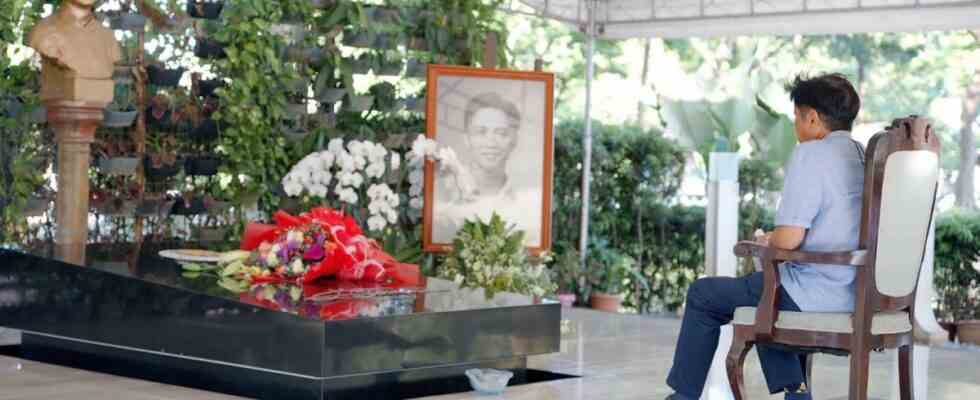It’s hard to believe: Ferdinand Marcos Jr. becomes President of the Philippines. The son of the kleptocratic tyrant of the same name, from whom the people bravely freed themselves in 1986. The event seems similar to the election of Donald Trump, like Brexit: one wonders what is going on with the voters who seem to have used their vote to choose their own undoing.
Marcos Jr. probably ran his impressive campaign with money his family stole from the poor country. He lied and broke laws, and he’s not considered a special political spirit either. But today it is not necessary to be elected. On the contrary, those who stick to the traditional democratic rules of political power grabbing can easily lose.
There is deep dissatisfaction with the government in the Philippines, who have been doing business for themselves and their clientele for decades. There is no hope for a better future in the country, where the population is growing rapidly, but the economic prospects and infrastructure are not keeping pace. And if it doesn’t seem to matter who you vote for because you always end up being the stupid one, you can vote for the most entertaining candidate, see Trump and Boris Johnson.
Marcos Jr. has reached young Filipinos where they are – on the internet – with a mix of private and big promises
Added to this is the unusually young population in the Philippines. More than 50 percent of those eligible to vote are between 18 and 40 years of age and have no memory of the gloomy years of the Marcos regime. These are bad stories from the day before yesterday. And the Duterte years weren’t much better.
On the other hand, the promises that Marcos Jr. has made for the future are exciting: to make the poor less poor, to make environmental catastrophes less threatening, to reunite the country. That sounds almost too good to be true, and it probably won’t be. But the promise was sent mostly to the young voters who spend a large part of their lives on smartphones, on Youtube and Facebook. In an environment in which news and fake news are of equal importance. In which you catch people privately – preferably with private things.
The dictator’s son was presented as a nice guy on the social media channels, where obviously well-trained experts oversaw the election campaign for the Marcos team, who remembers the love of his youth and regards transparency as the greatest asset. He did not answer tough questions from journalists and also avoided rounds of candidates in which he would have looked bad. His competitors, on the other hand, limited themselves to posting their speeches on YouTube and complained that Marcos Jr. was not following the rules. Now he has won with more than 50 percent of the votes.
It would be too easy to blame the result on the voters alone. Instead, the competitors should have developed narratives that are not only more convincing than those of Marcos Jr., but also so clear and understandable that they do not get lost in modern attention streams, in addition to a future perspective. A start would be to be more interested in people’s everyday life and communication behavior than in themselves and those of their own kind. This does not only apply to politicians in the Philippines.

